How to eat to lose weight — the nine rules
Put on a few extra kilos during the pandemic? Here are nine proven methods to get your wastline back in shape.

1. Cut out alcohol for two weeks to kick-start weight loss
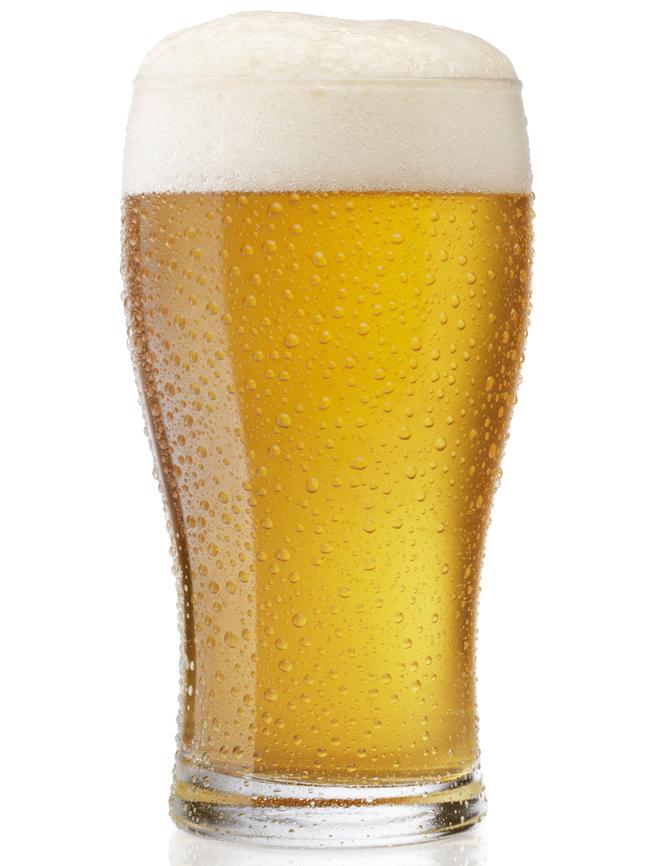
Stopping alcohol completely is a hard sell after the year we have had, but if you can commit to at least two weeks without a drink it will dramatically enhance weight loss.
“I find that when clients drink alcohol they lose weight more slowly, so it is initially off limits when they want to shed pounds,” says Dominique Ludwig, a nutritionist whose clients include Hollywood actresses and elite athletes.
“Alcohol calories can quickly add up and one glass can so easily become two.”
After two weeks allow yourself a maximum of two to three units on two to three days while you are trying to lose weight, aiming for at least four days free of alcohol each week and never consuming more than 14 units.
2. Cut out soft drinks that contain hidden calories
The celebrity trainer Harry Jameson recommends cutting all liquid calories on at least five days a week for the next four weeks.
“One of my big tips for clients is to get them to cut out all calorie-containing drinks — so that means milky coffee, soft drinks, juices, smoothies and even gut-friendly health drinks such as kombucha and kefir — and for many of them that means they easily slice 500 calories a day from their daily energy intake,” he says. “That deficit will really help to accelerate weight loss.”
Stick to green or herbal tea, black coffee or water instead.
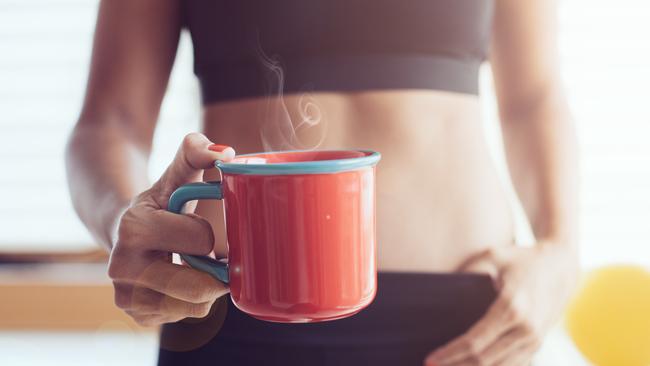
3. Eat more fibre to help you to feel satiated and energised
Most of us don’t get enough fibre in our diets. The target is 30g a day, but the average daily intake is 17g a day for women and 20g for men, and yet eating more is a fast route to weight loss.
“Fibre slows down our digestion and release of energy from the meal,” Ludwig says. “This means that by eating as many different fibre-rich vegetables and wholegrains as you can you will feel satiated and less likely to overeat on other high-energy foods.”
A study in the Journal of Nutrition showed that increasing fibre intake was the strongest predictor of weight loss. Those consuming 4g of extra fibre daily at the start of the study were associated with an extra 3.25lb of weight lost over six months. Get more from wholegrains, nuts and seeds, as well as dark rye crispbread (15.8g fibre per 100g), broad beans (6.8g fibre per 100g), green peas (4.2g fibre per 100g) and seeded wholemeal bread (6.2g fibre per 100g).
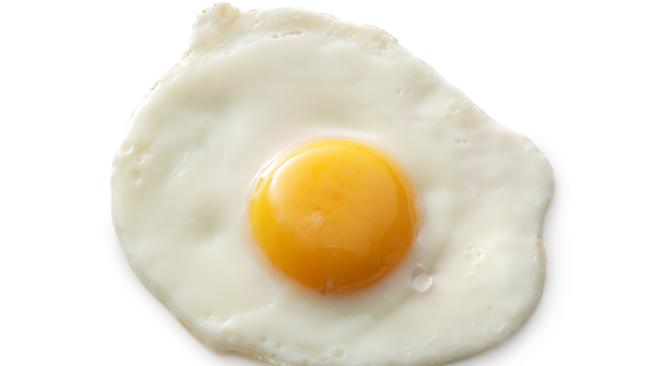
4. Delay breakfast to help to reduce body fat
Researchers at the University of Surrey found that one of the most practical ways to eat less is to delay breakfast by at least 90 minutes beyond your normal morning mealtime. They found that 57 per cent of participants reported eating less when they took the delayed breakfast approach, either because it reduced their appetite or decreased eating opportunities. The breakfast delayers also lost more than twice as much body fat as those in the control group, who ate meals as normal.
“Eating breakfast later is generally an easy switch for people to make and it will work, provided they have planned a healthy breakfast for later in the morning rather than a panic buy at the petrol station,” Ludwig says.
“For weight loss I generally ask people to eat within a 10-hour window, which allows them to eat two or three main meals a day with a four to five-hour break between and that cuts down on calories consumed.”
5. Cut down on carbs to boost your metabolism
In a 2018 study of 164 overweight people, published in the British Medical Journal, researchers from the Harvard TH Chan School of Public Health reported how those asked to cut carbs in their diets and replace them with healthy fats experienced a sharp boost to their metabolism.
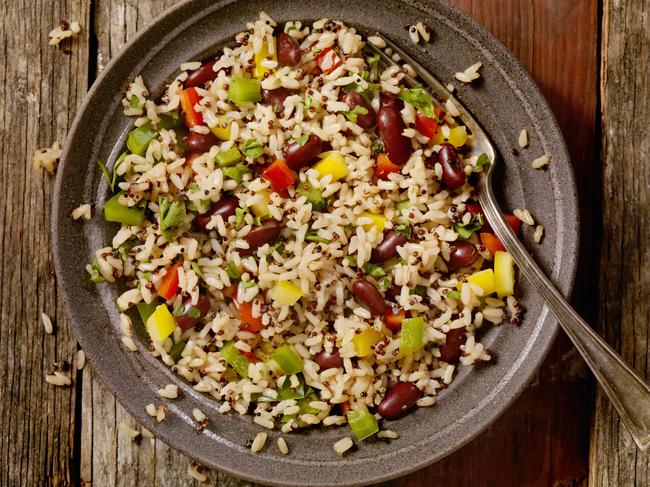
On average the lower-carb eaters burnt 250 more calories a day than people who ate a diet high in refined carbs, which, suggested the researchers, would produce about a 9kg weight loss over three years.
“White bread, rice, processed breakfast cereals, white pasta and flour are the type of carbs that quickly enter our bloodstream and are more likely to be stored as body fat,” Ludwig says.
“If you are trying to lose weight, my advice is to only have carbs at one main meal of the day, to make sure they take up no more than one quarter of your plate.”
Switch to brown, black, red or wild rice, oat cakes and root vegetables for your carb sources, she adds. “Even sweet or white boiled potatoes are OK.”
6. Don’t eat after 7.30pm to aid weight loss
Recent findings published in the British Journal of Nutrition by nutrition scientists at the University of Nottingham showed that a group of women aged 18 to 45 who ate their last meal of the day between 7pm and 7.30pm for 12 weeks lost more weight and more centimetres from their waistlines than women who ate between 10.30pm and 11pm. Ludwig says an overnight fast allows blood sugar and insulin levels to fall into a healthy range to “facilitate fat burn and weight loss” and that the longer you delay breakfast the better. Adopting this rule is “a game-changer” for many, she says.
“The key is to stop eating around three hours before you go to bed to give the stomach a chance to empty fully before you sleep and your body a break from digesting food.”
7. Meditate and do yoga to help to reduce comfort eating
The past 12 months have been stressful for everyone. Indeed, a study at King’s College London found that 57 per cent of people reported symptoms of anxiety. Studies have shown that having raised levels of the stress hormone cortisol over several months is associated with being more heavily, and more persistently, overweight.
In one recent study women asked to practise stress-reducing interventions, such as mindful breathing to counter the feeling of being overwhelmed, reduced their intake of unhealthy processed and fast foods.
“Any weight-loss approach should be holistic, including taking steps to reduce stress levels,” Jameson says. “Among the best ways to lower stress and anxiety are daily meditation, or even just sitting quietly for ten minutes, and practices such as yoga that help your mind to unwind.”
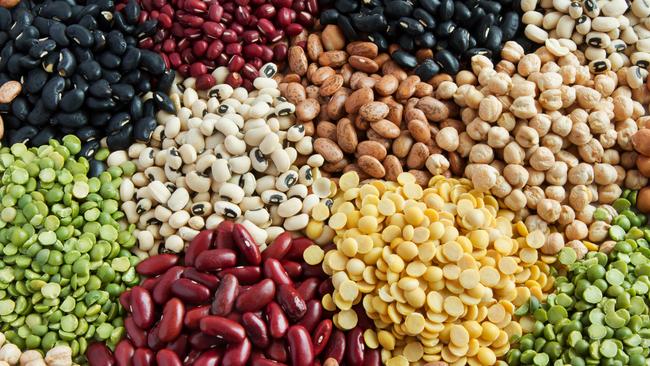
8. Vary your protein sources to speed up weight loss
Protein has been proven to help people to feel fuller and to curb cravings, both of which will speed up weight loss.
“In each of your two to three daily meals aim to eat a balance between plant, vegetarian and animal protein meals,” says Ludwig. “The more varied your protein, the easier it is to curb carb intake and that supports faster fat loss because your insulin and blood-sugar levels are better managed.”
One or two portions of good quality protein a week “will work well for weight loss because it is filling and releases its energy slowly,” Ludwig says. “Fish is fantastic, particularly sardines, mackerel, salmon and herrings, which are high in nutritionally beneficial omega-3 fats. Pulses and legumes are an important source of protein, and also contain carbohydrates and fibre so are a great addition.”
Aim for two cupped hands’ worth of cooked beans or lentils per meal. If you struggle to digest legumes and find they cause bloating it’s because they contain high levels of galactooligosaccharides, which are fermented by bacteria in the gut, resulting in excess gas. “Canned lentils and chickpeas may be better tolerated but build up a tolerance gradually,” Ludwig says. “Start with smaller portions of pulses combined with another protein source such as chicken, tofu or even halloumi cheese so that you feel full without the bloat.”
9. Stay hydrated to reduce hunger pangs
Feeling thirsty is often mistaken for hunger, but drinking enough water can help your weight loss efforts in a number of other ways. One study in the American Journal of Clinical Nutrition showed that women who replaced diet drinks with water after their main meal of the day lost more weight, possibly because it had a more positive effect on their blood-sugar levels. It has also been suggested that drinking water increases the efficiency of lipolysis, the way the body burns fat for energy.
“How much water you need depends on your size and how active you are, but somewhere between 1.8-2.5 litres a day is right for most people,” Ludwig says.
The Times

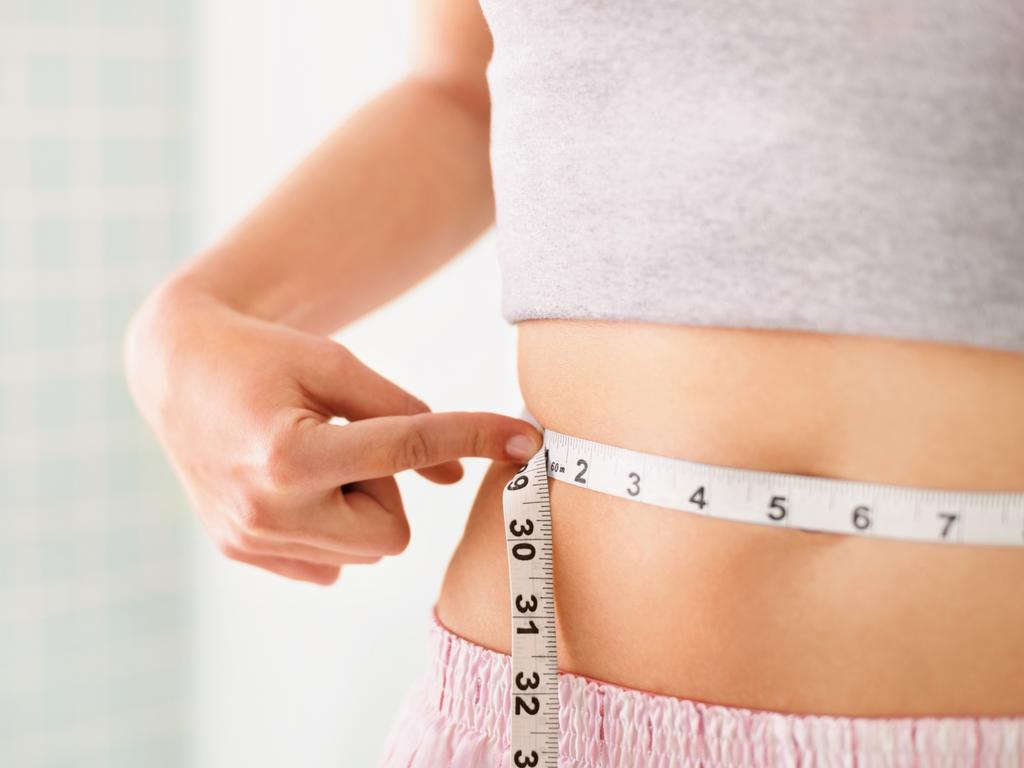


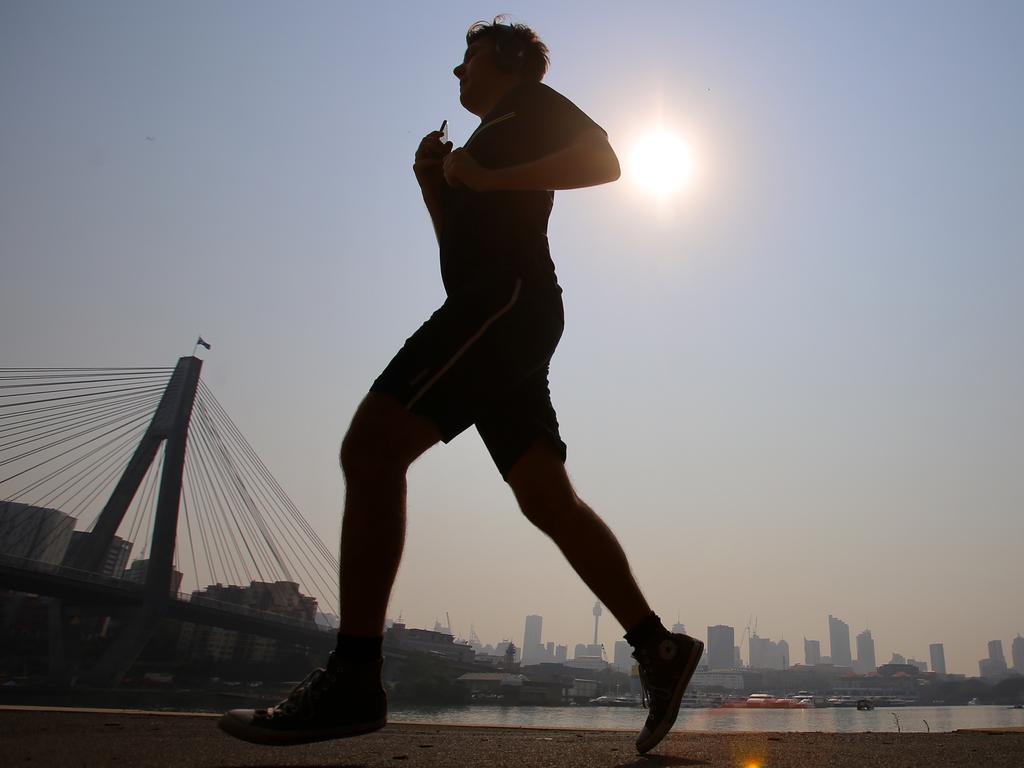


To join the conversation, please log in. Don't have an account? Register
Join the conversation, you are commenting as Logout